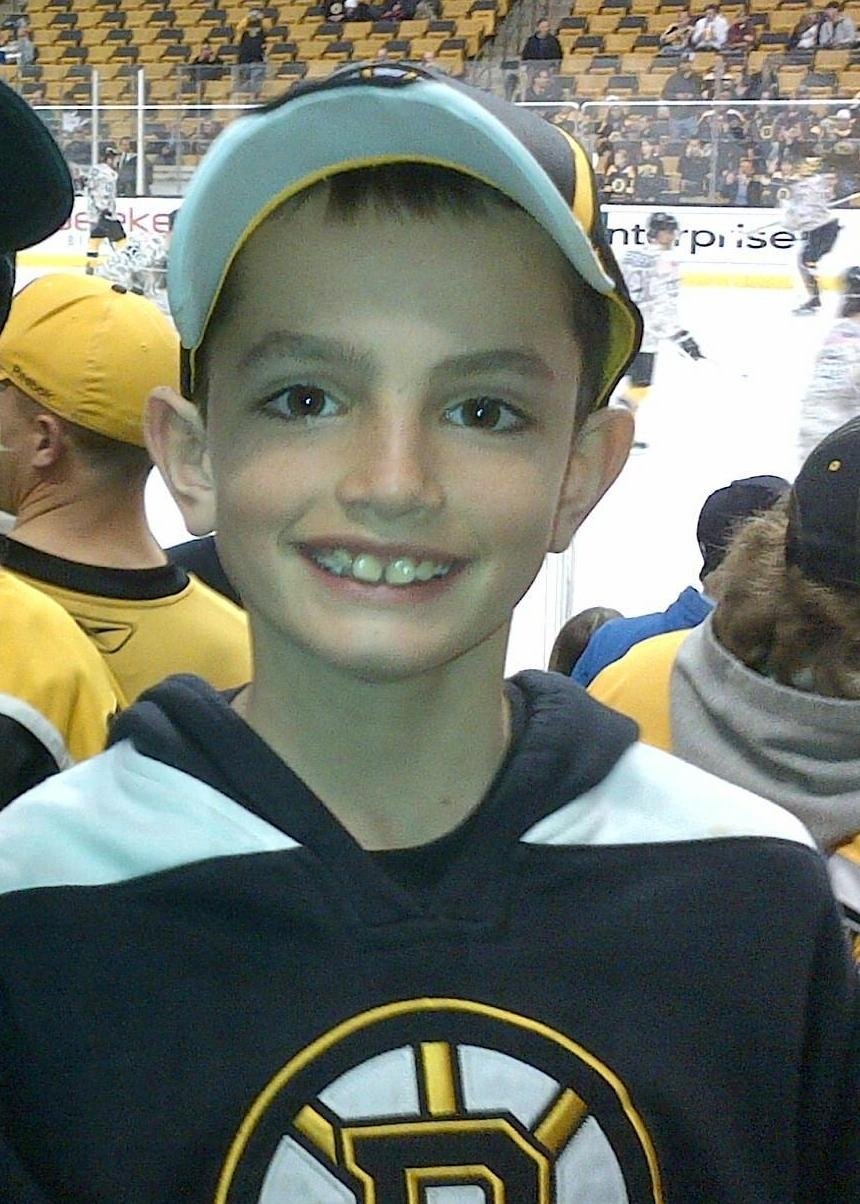The question haunting Kiev is this: Who might be murdering allies of Ukraine’s ousted President Viktor Yanukovych?
The idea that this might be happening is not entirely new. But it muscled its way to the fore again this week with two high-profile shooting deaths in the Ukrainian capital — one of a former member of parliament with ties to Yanukovych, the other of a Ukrainian journalist known for his pro-Russian views.
Oleg Kalashnikov, the former member of parliament, was shot and killed shortly after 7 p.m. Wednesday at the entrance to his apartment block. Kalashnikov, 52, was a member of the Party of Regions, the former ruling party in Ukraine, and was close to Yanukovych. Police are investigating the death as a murder.
A day later, on Thursday, journalist Oles Buzyna, 45, was killed near his home by shots fired from a dark blue Ford Focus, Interior Ministry adviser Anton Herashchenko said. The car’s license plates were reported to have been from either Latvia or Belorussia.
Several suspicious deaths in recent months
The killings renewed speculation, sparked by earlier unusual deaths, about a conspiracy to kill people close to Yanukovych. At least three former members of parliament with the Party of Regions have reportedly committed suicide in the last seven weeks:
• On February 28, Mikhail Chechetov reportedly jumped from the window of his 17th-floor apartment in Kiev, having left a suicide note. He was suspected of having falsified the results of a parliamentary vote in early 2014 that essentially prohibited protest just as thousands of people were protesting against the Yanukovych government.
• On March 9, Stanislav Melnik, a former member of parliament with the Party of Regions and the manager of several businesses in the separatist-minded eastern city of Donetsk, was found dead in his apartment near Kiev. He, too, reportedly left a suicide note.
• And three days later, on March 12, Oleksandr Peklushenko, another former member of parliament, was found in his house in Zaporizhzhya, in southeastern Ukraine, dead of a gunshot wound. Police are investigating various scenarios, including suicide. Interior Ministry adviser Anton Gerashchenko said Peklushenko “might have wanted to avoid punishment for using violence against protesters, which he was suspected of.”
Ukraine is deeply divided, and it has been for years. About a third of the population speaks Russian as opposed to Ukrainian. Whether the country should be drawn into the orbit of Russia or the West is a visceral issue, a question for many Ukrainians not of politics but of identity.
Recent events have deepened the divide. In 2014, after Yanukovych turned his back on the European Union in favor of closer ties with Russia, he was driven from office by mass demonstrations. And with Russia’s subsequent annexation of Crimea and its support for Russian-speaking separatists in eastern Ukraine, the internecine animosity made the ugly transformation into war.
Divergent theories on motivation for killings
With a government toppled and armed conflict in the east, Ukrainians have reason to want each other dead. But the view of who might be responsible for the series of deaths differs starkly, according to which side of the country’s divide one is on.
The Opposition Bloc, the country’s major opposition party, has no doubt the deaths have been politically motivated — “bloody terror against opposition politicians and journalists,” the bloc’s media office called them.
“It is clear oppression of those who are not afraid to criticize the government,” it said.
The government, unsurprisingly, sees things differently.
Ukrainian President Petro Poroshenko, who came to office after Yanukovych was ousted, has demanded an investigation of the killings of Kalashnikov and Buzyna, his media office said.
“It is evident that these crimes have the same origin,” the media office quoted Poroshenko as saying. “Their nature and political sense are clear. It is a deliberate provocation that plays in favor of our enemies. It is aimed at destabilizing the internal political situation in Ukraine and discrediting the political choice of the Ukrainian people.”
And Anton Geraschenko, an adviser to the country’s interior minister, took the theory one step further.
“It should not be excluded that the killings of Oleg Kalashnikov and Olez Buzyna were planned and organized from Moscow and are a part of a plan to destabilize Ukraine and further support anti-Ukrainian mood in Russian society,” Geraschenko said.



